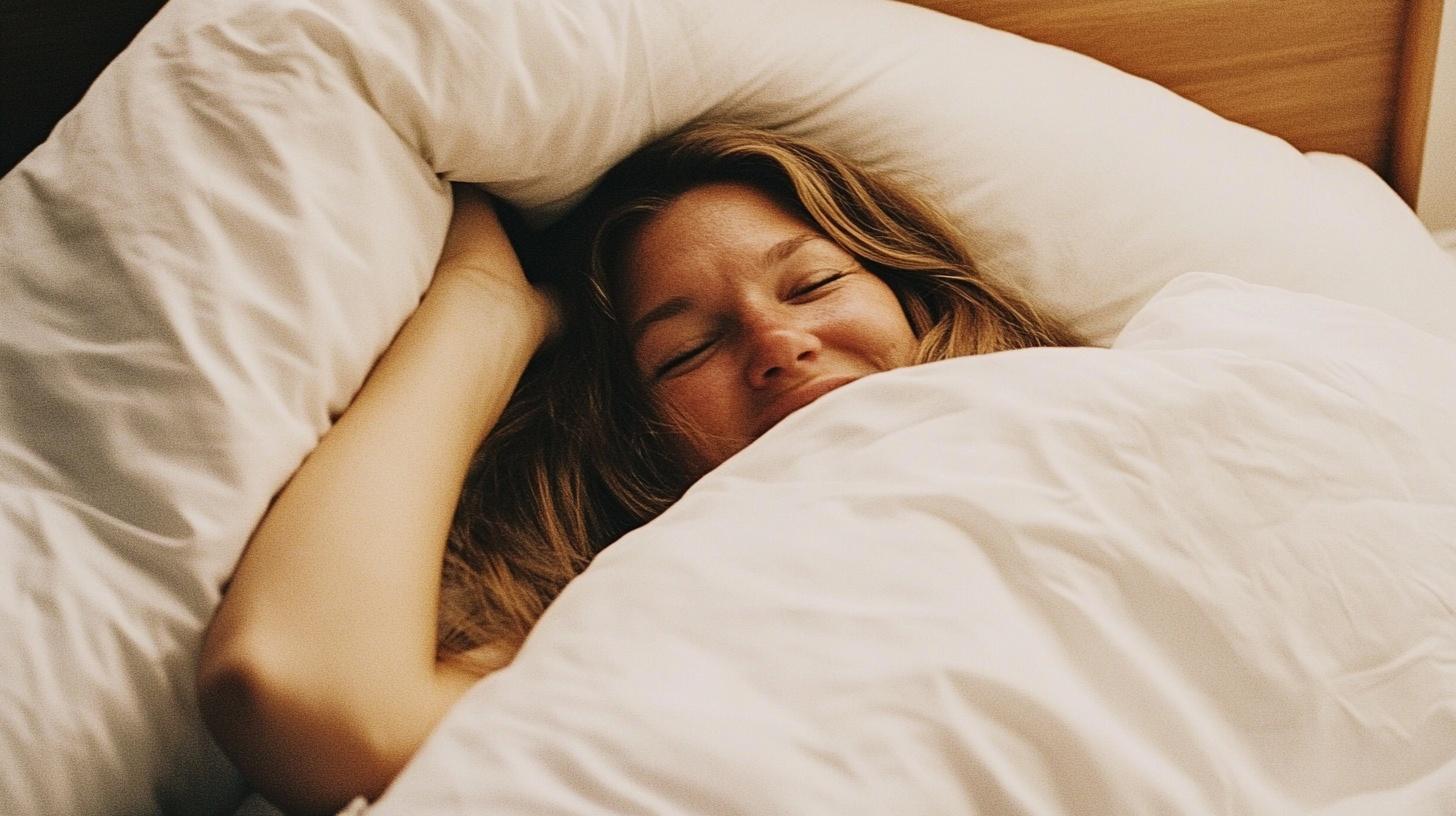Motherhood & sleep: your questions, answered
Published

Motherhood is beautiful, rewarding, and exhausting. As parents say “hello” to their new baby, they often say “goodbye” to a full night’s sleep. A study found that sleep satisfaction drops drastically after the arrival of a new baby, reaching its lowest point at three months.
Expectant moms, don’t panic! The relationship between motherhood and sleep may not be as bleak as many think. In honor of Mother’s Day, we asked two of our favorite moms to share their firsthand experiences with sleep patterns, quality and deprivation as new parents. Frida Rångtell, PhD, is a sleep educator and scientific advisor for Sleep Cycle. Malin Abrahamsson is Head of PR for Sleep Cycle.
How would you describe your sleep quality before becoming a mother vs. after?
Frida: I didn’t take care of my sleep well enough before becoming a mother. I would stay up late working or watching TV. Now, I have less control over my own sleep. I wake up more often in the night and am more tired. As frustrating as this can be, six years into motherhood I have a much better sleep routine. Weekend mornings used to be dedicated to sleeping in, now they’re spent with my daughter and My Little Pony.
Malin: Before becoming a mother, I evaluated sleep quality solely on how it affected my workout routine. Now, sleep quality isn’t so much about clocking in a certain number of hours but rather taking advantage of the sleep I get, making sure it is high quality, no matter the quantity.
How has your sleep changed as your child has grown?
Frida: My daughter was born in January, six years ago. As a newborn, she woke up several times an hour to breastfeed, chopping my sleep into small pieces. It wasn’t easy!
By the time my daughter was three she was sleeping through the night, which drastically improved my sleep. Today, she has a positive influence on my sleep. I used to struggle to stick to routines, but now we have a set schedule for everything. I go to bed at a reasonable time, I value sleep much more than I did before, and I’m a much better parent when I get a good night’s sleep.
Malin: In the early months, my daughter woke up to feed several times a night. This meant six months of disrupted sleep and some sleepless nights. Luckily, we have been blessed with a baby who had no trouble falling back asleep after feeding, so the process wasn’t as bad as everyone had warned me about.
At around six months, she started sleeping through the night. Honestly, I experienced more sleep deprivation when I was pregnant, struggling to find a comfortable position and having to get up to use the toilet several times a night. I feel well-rested most of the time now. Our two-year-old walks over to our bed in the night and I happily take advantage of the cuddle time.
Did anything surprise you about your sleep after having a child?
Frida: Not really. I knew that newborns have an unstable circadian rhythm and that infants wake up frequently for feeding and security. Perhaps I wasn’t aware of my bad temper when I’m woken up in the middle of the night!
Malin: What surprised me most was my ability to keep going when I was sleep deprived. It feels more important now that I take care of my own health, for her as much as for my own sake. I make time for exercise, make sure I eat well enough, and limit coffee intake in the afternoon. If I’ve had a bad night’s sleep I take a 30 min nap after lunch, and I’m in bed by 11pm every night.
Do you have any sleep advice for future mothers?
Frida: Your sleep may not be what it used to be after your child is born but being a parent often means adapting to change. It’s natural to want alone time when the child is sleeping, but you may want to prioritize sleep instead. You and your child need daylight to aid your circadian rhythm, so try to go outside during the day. If you wake up during the night, avoid scrolling on your phone to make it easier to fall back asleep.
Seek help if your sleep problems are impacting your everyday life, especially if they continue after your child is sleeping better.
Malin: Try not to stress. What works is good for you. You will get through it. It will pass. Don’t feel guilty about asking for help, and don’t wait until you’ve hit rock bottom before you do.





